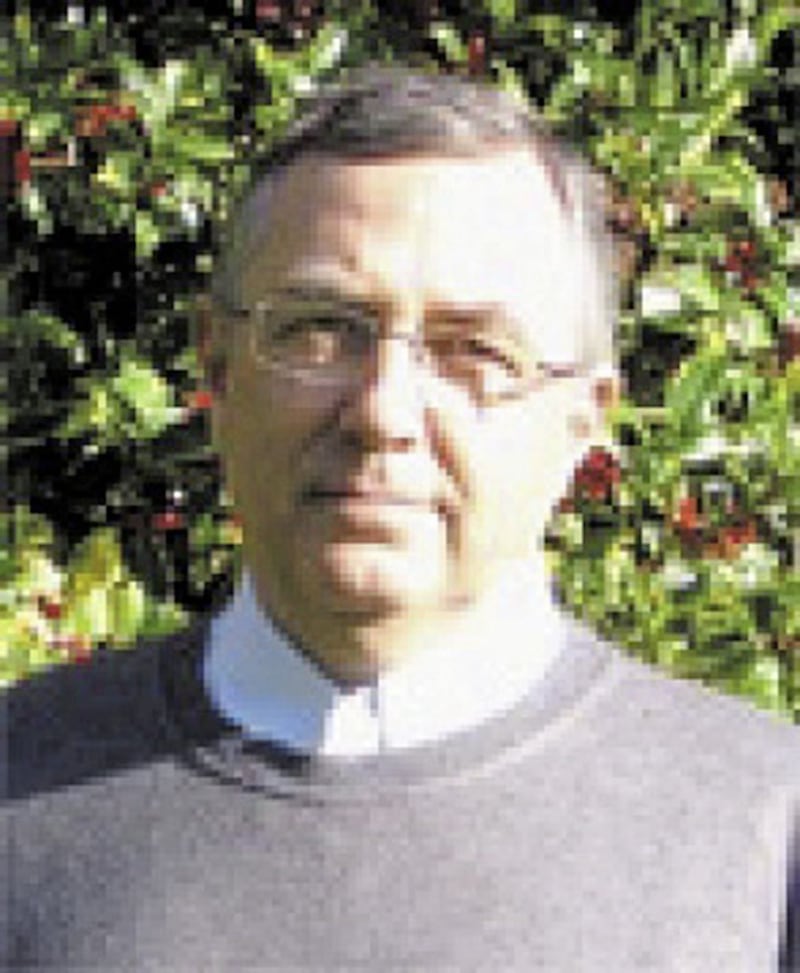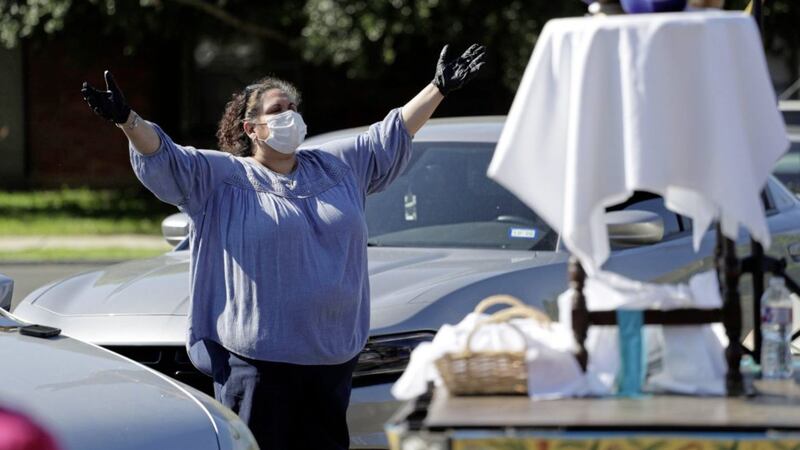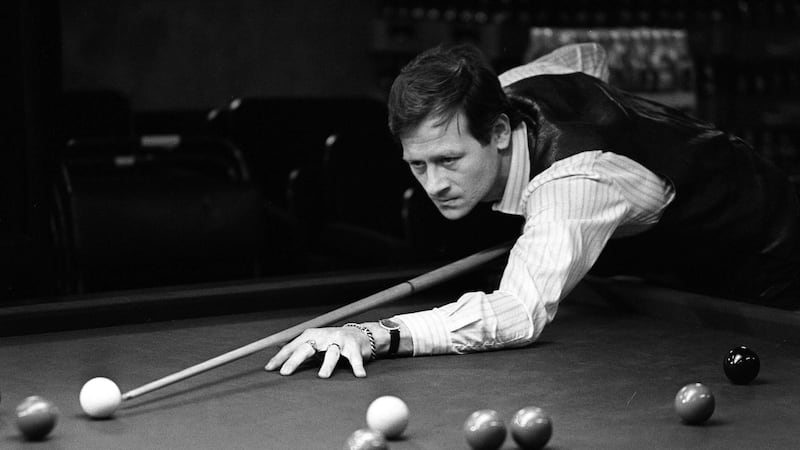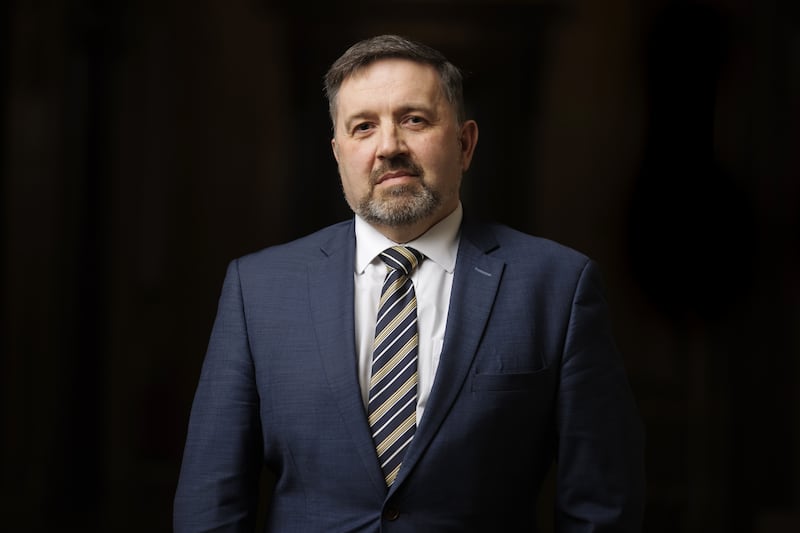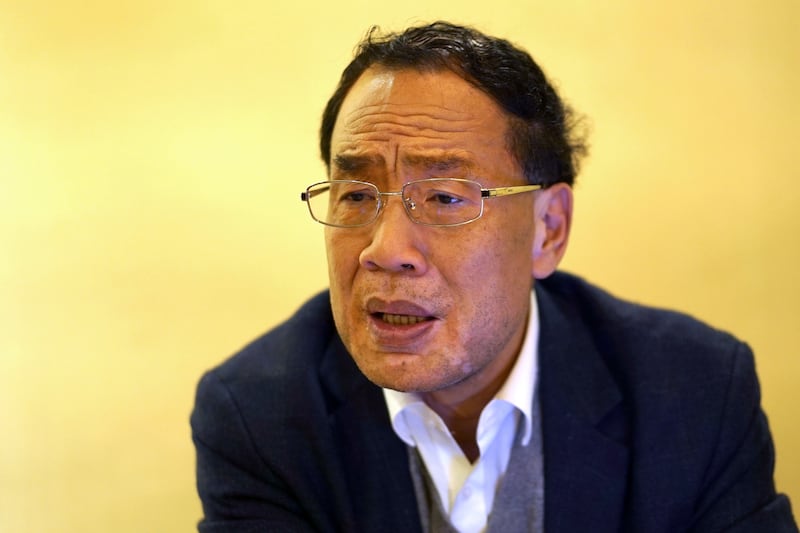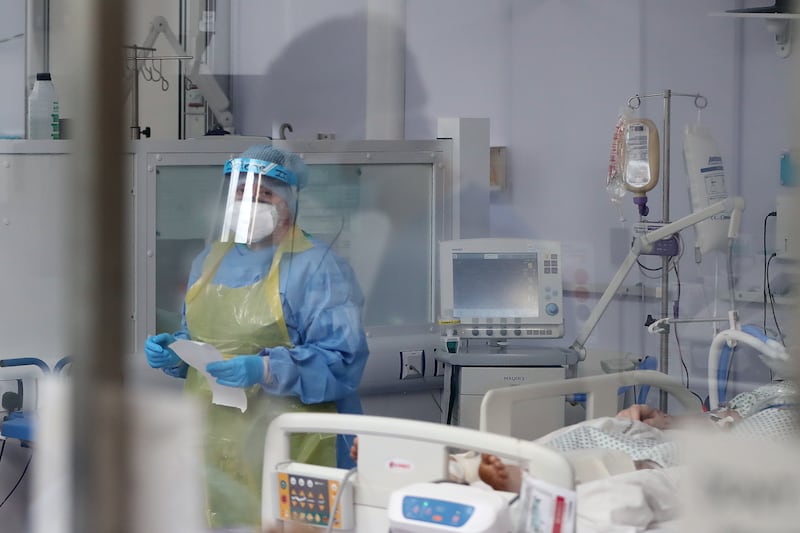"REJOICE in the Lord always. I will say it again: rejoice" (Philippians 4:4). In the midst of the perilous times the world now finds itself in, this forthright injunction by St Paul might seem - dare one say? - irresponsible, perhaps even bordering on the cynical.
Quite apart from the fact that joy - which the French thinker Descartes (1596-1650) regarded as one of the six basic human passions - is a feeling that cannot, any more than love, be compelled, most people would today no doubt find a call to endurance rather than to joy more in keeping with their present mood.
How indeed, one might well wonder, can a note of joy be decently sounded in a time of extreme danger and fear like now?
A possible way of approaching this obvious question is maybe offered by the story recorded in the Gospel of John (chapter 9) of Jesus giving sight to a man born blind.
This is clearly a joyful event. But it doesn't exhaust the content of the story.
In the long confrontation between Jesus and some Pharisees, which the story also includes, to say nothing of the less than enthusiastic reaction of the disgruntled and sceptical onlookers to the miracle, there is also a rather joyless undercurrent running through the whole story that threatens to sour its hopeful message.
It is almost as if the evangelist realised that the 'good news' he was relating would to some ears - maybe even to most ears - sound just too good to be true, and so was keen to preempt sceptical or even religiously-motivated objections.
It might reasonably be argued, however, that it would not be entirely right simply to criticise and condemn the Pharisees and their followers, and dismiss them as people who thought they had a monopoly on religious truth, and indeed even some kind of hold or control over God.
The error the Pharisees seem to have made is a very human and understandable one. It's an error everyone is liable to make in some way or other.
In the unhappy times we now find ourselves in, a sceptical reaction to any simplistic statement of the 'good news' might well indeed find a ready hearing
And it involves the human need to bring order and meaning into our lives, which is why the current disorder and uncertainty marking life all over the world are so unsettling.
The need for order and meaning is so deeply anchored and ingrained in human nature that we can't really live without it, or at least we can't survive very long if we ignore it completely.
In the unhappy times we now find ourselves in, a sceptical reaction to any simplistic statement of the 'good news' might well indeed find a ready hearing.
The ominous note of refusal of the 'good news', evident in the story of the blind man, might be more in tune with how many, if not all, today are actually feeling.
It's a note that is frequently sounded by the evangelists, who seem to have been not unaware of the precarious and often dangerous nature of human life as a perennial challenge to any easy acceptance of the 'gospel'.
Between Jesus and his opponents, we might say, what was at stake was in fact the oldest question of religion, the question of God.
This isn't the question of whether God exists or not, but the much more important and much more difficult question of what God is really like.
Between Jesus and his opponents, what was at stake was in fact the oldest question of religion - this isn't the question of whether God exists or not, but the much more important and much more difficult question of what God is really like
Many, like the Pharisees of old, may secretly want to be in control of the divine order of things, whereas Jesus' healing of the blind man shows us, on the contrary, that we don't take care of God, but God takes care of us.
By giving the blind man his sight, Jesus was continuing God's work of creation, which in the case of the blind man, as has often been pointed out, had not yet been completed.
And in doing so, Jesus showed that religion, or God's relationship to us and our relationship to God, is not something 'done and dusted', so to speak, something finished and complete in itself that only needs to be further administered.
Religion, rather, is a sign that God has not yet finished with creation, but still has much in mind for it, still has plans for it.
The current crisis we are experiencing might be seen, then, as a sign that God's plans for his creation are still in process, are still not complete.
Faith teaches that God does not create in vain, or for his creation to be eternally undermined or damaged, but wishes to bring creation to perfection in the fullness of time in the Kingdom of God.
Any crisis, such as the present one, which frustrates God's creative and saving outreach to creation cannot surely be seen by the eyes of faith as desired by God, but rather as yet one more barrier between God and us that faith believes will ultimately be overcome.
Always to deny suffering and evil the last word in human affairs is a weak, perhaps, but genuine human echo of God's judgement in the Book of Genesis on creation as "very good".
It is, from a human perspective, a "negative image of eternity" (Gerd Theissen), which cannot, of course, ever be proved to be true, but equally cannot be definitively ruled out as inconceivable.
The great English mystic, Julian of Norwich (c.1342-c.1420), who, it is worth noting, lived through what has been described as the greatest plague in human history, the Black Death, still could assert in her writings: "All shall be well, and all shall be well and all manner of thing shall be well."
Christian faith teaches that the source of all divine comfort and consolation - and hence 'joy' - lies in the liberating truth that God still has creative and redeeming plans in store for the world, as long as we live on this earth, and that at the end of time, no matter what problems and crises occur along the way, God wants to and can bring us fully one day to the enjoyment of his own eternal, divine life in heaven.
Martin Henry, former lecturer in theology at St Patrick's College, Maynooth, is a priest of the diocese of Down and Connor
